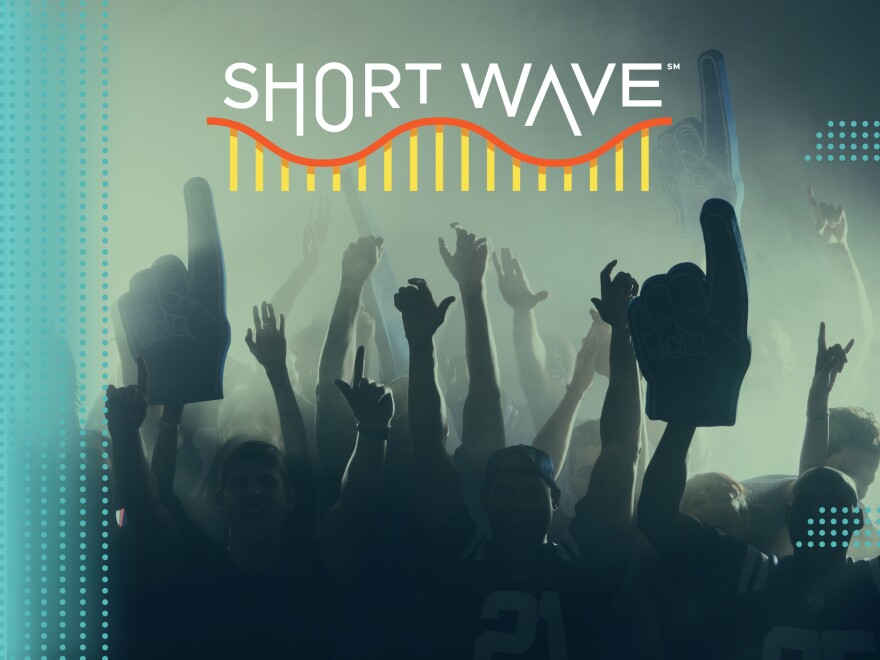Summer is a feast for sports fans. Not only are the NBA finals happening; baseball and soccer seasons are also in full swing.
With all those games come a lot of dedicated fans often doing their own rituals around game, be it singing during the seventh inning stretch, tailgating or getting hyped up welcoming players to the field. Specifics aside, this type of repeated communal action has long fascinated cognitive anthropologist Dimitris Xygalatas: They can be both a source of intense division and, at other times, make thousands of people feel united as one.
And, according to a study published this month in the journal PNAS, these rituals may be even more emotionally impactful than the majority of the game itself.
For this study, Xygalatas, a professor at the University of Connecticut, and his collaborators focused on the collective emotions of fans at a specific, annual Brazilian sports event called the "Street of Fire."
Throughout the night, Xygalatas and his team measured how emotionally aligned people were using electrodes and accelerometers hidden under fans' shirts. Across the pre-game rituals, the game itself and the following hours, the researchers were able to monitor people's heart rates, as well as how they were moving and breathing.
The researchers found that greatest sense of oneness existed during the "Street of Fire" pre-game ritual where fans were hyping up their team with chants while fireworks and flares are lit in the background. The enthusiasm amps up fans and players alike. Xygalatas was shocked to find that the effect even extended to a team bus driver, who was attending the event but not specifically a fan.
It's maybe for this reason that Xygalatas says that sports, "is not about what's happening in the pitch; it's about what's happening in the terraces."
Questions about sports science? Email us at shortwave@npr.org.
Listen to every episode of Short Wave sponsor-free and support our work at NPR by signing up for Short Wave+ at plus.npr.org/shortwave.
Listen to Short Wave on Spotify and Apple Podcasts.
This episode was produced by Berly McCoy, edited by Rebecca Ramirez and fact-checked by Tyler Jones. Jimmy Keeley was the audio engineer.
Copyright 2025 NPR






